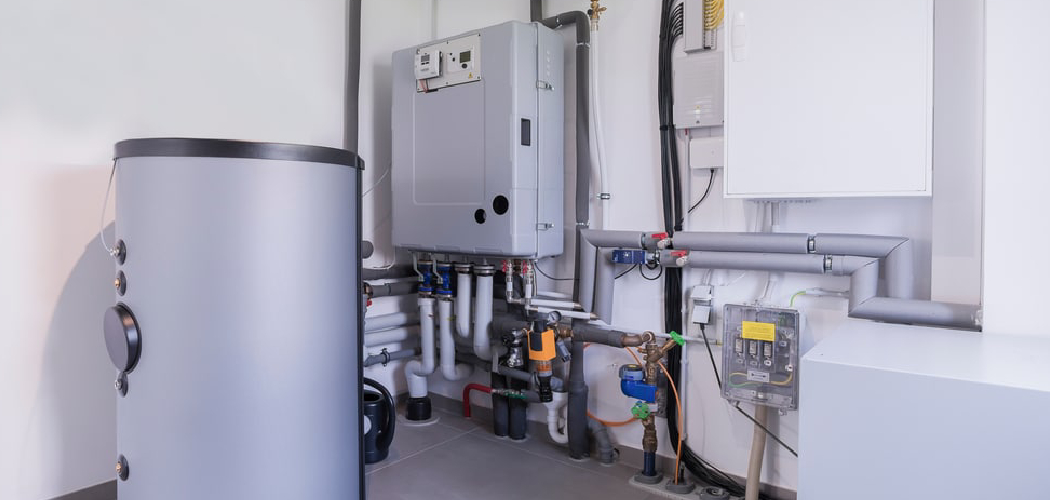Connecting a hot water heater to a generator can be a practical solution during power outages, ensuring you still have access to warm water when you need it most. However, the process requires careful planning and attention to safety to avoid risks to your appliances, your generator, or yourself.
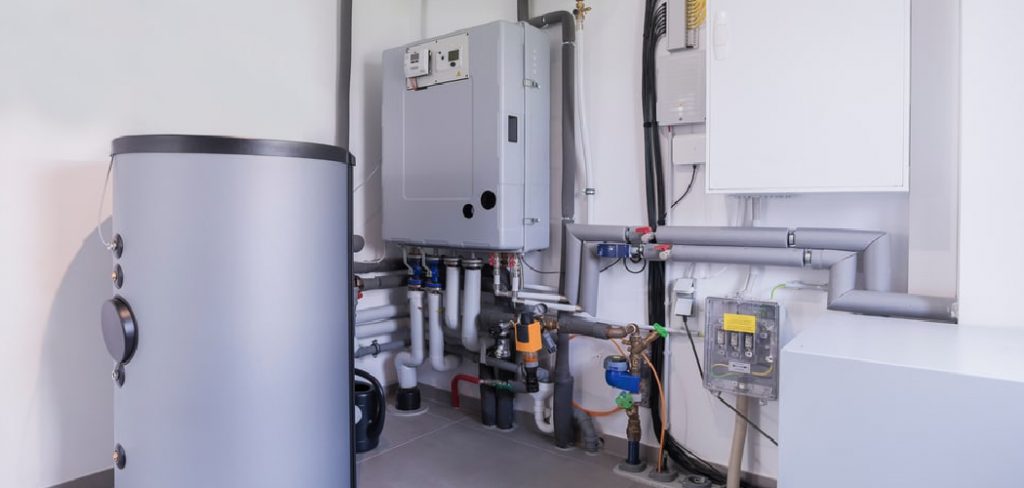
This guide on how to hook up hot water heater to generator will walk you through the essential steps needed to properly and safely hook up your hot water heater to a generator, making sure you’re prepared and equipped to handle this task confidently.
Understand the Type of Water Heater
Before connecting your hot water heater to a generator, it is important to identify the type of water heater you have. Water heaters generally fall into two main categories—electric and gas-powered. Electric water heaters rely solely on electricity to heat water, whereas gas-powered models use natural gas or propane, often with an electric ignition system.
Electric water heaters will require more wattage from your generator, while gas-powered units may need minimal electric power for components such as the thermostat or control panel. Understanding your water heater’s energy requirements and compatibility is crucial for safe and efficient operation when using a generator.
Generator Requirements
When selecting a generator to power your water heater, it is essential to consider its wattage and capacity to ensure it meets your appliance’s energy demands. Start by identifying the wattage requirement of your water heater; electric water heaters often necessitate a higher wattage, typically between 4,000 to 5,000 watts, while gas-powered models may only require around 250 to 400 watts for electronic components.
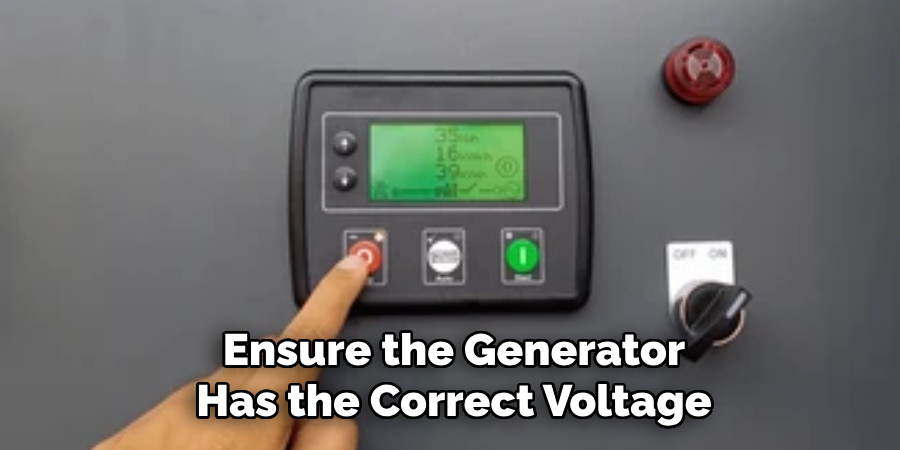
Additionally, choose a generator with a power output slightly higher than your water heater’s needs to accommodate startup surges and prevent overloading. It is also important to ensure the generator has the correct voltage and is adequately grounded for safe operation. By matching your generator’s capacity to your water heater’s requirements, you can achieve a reliable and efficient power supply, especially during outages or when off-grid.
Safety First
When operating a generator, prioritizing safety is essential to prevent accidents and ensure proper functionality. Always place the generator in a well-ventilated area to avoid the buildup of deadly carbon monoxide gas. Ensure the generator is positioned on a stable, level surface to prevent tipping during operation.
Regularly inspect the generator for signs of wear or damage, such as frayed wires or fuel leaks, before use. Additionally, always keep a fire extinguisher nearby in case of emergencies and never refuel the generator while it is running or still hot. By adhering to these safety precautions, you can protect both yourself and your equipment.
6 Simple Methods on How to Hook Up Hot Water Heater to Generator
Method 1: Using a Transfer Switch
- Purchase a transfer switch designed for use with your specific generator and water heater.
- Turn off the main power supply to your home.
- Install the transfer switch near your electrical panel, following the manufacturer’s instructions carefully.
- Run a cable from the transfer switch to your water heater.
- Connect the cable from the transfer switch to the designated input on your water heater.
- Test the connection by turning on your generator and checking that hot water can still be produced.
Method 2: Plugging Directly into the Generator
- Determine if your generator has enough wattage to power both your water heater and any other appliances you plan to use simultaneously.
- Locate the designated outlet on your generator for high-wattage appliances such as a water heater.
- Plug the water heater directly into this outlet, following the manufacturer’s instructions carefully.
- Test the connection by starting up your generator and checking that hot water can still be produced.
Method 3: Using an External Transfer Switch
- Purchase an external transfer switch specifically designed for use with generators and water heaters.
- Install the transfer switch near your main electrical panel, following the manufacturer’s instructions carefully.
- Run a dedicated line from the transfer switch to your water heater, ensuring that it is properly connected according to the manufacturer’s instructions.
- Test the connection by starting up your generator and checking that hot water can still be produced at your faucet.
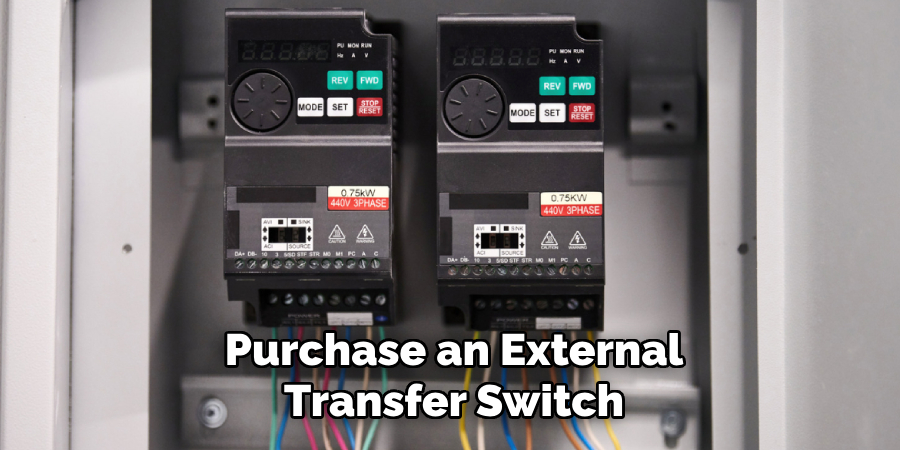
Method 4: Solar Panel Water Heater
In addition to using a generator as a backup power source, solar panels are another option for providing hot water during a blackout.
This method involves installing a solar panel system specifically for your water heater, which can provide energy even when the main power grid is down.
Method 5: Propane Water Heater
Another alternative for producing hot water during a power outage is by using a propane water heater. This type of water heater runs on propane gas instead of electricity, making it a reliable source during blackouts.
However, it is important to have enough propane on hand in case of an extended outage.
Method 6: Generator
If you have a generator, you can use it to power your electric water heater during a power outage. However, generators can be expensive and may require regular maintenance. It is also important to follow all safety precautions when using a generator.
Following these steps on how to hook up hot water heater to generator can help ensure that you have access to hot water during a power outage. It is important to keep in mind that these methods may not work for all types of water heaters or generators, so it is best to consult a professional if you are unsure.
Important Safety Tips
When dealing with power outages and alternative power or heating sources, safety should always be a top priority. Here are some key tips to ensure your safety and the safety of those around you:
Practice Proper Ventilation:
Whether using a propane water heater or a generator, ensure there is adequate ventilation to prevent the buildup of harmful gases like carbon monoxide. Never operate these devices indoors or in enclosed spaces.
Follow Manufacturer Guidelines:
Always adhere to the manufacturer’s instructions for installation, operation, and maintenance of your water heater or generator.
Install Carbon Monoxide Detectors:
Equip your home with functioning carbon monoxide detectors, especially if you’re using gas-powered appliances. Regularly test and maintain these detectors to ensure they are operational.
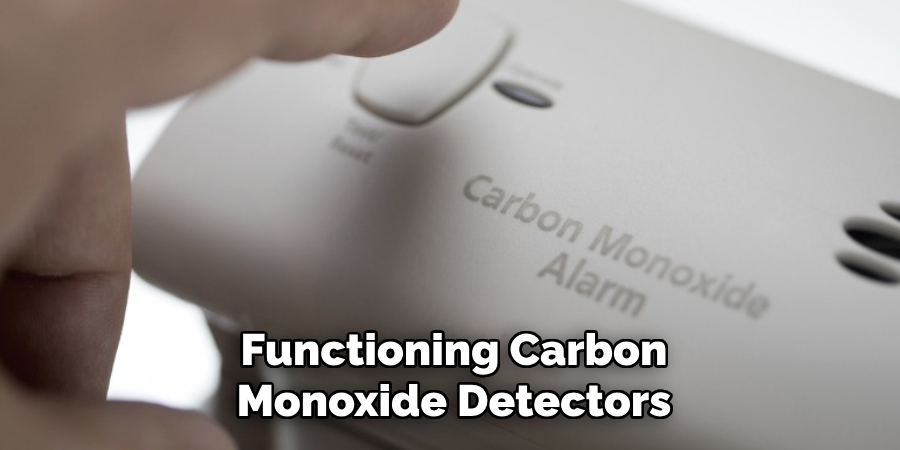
Store Fuel Safely:
Keep propane tanks and generator fuel in well-ventilated, secure areas, away from open flames or heat sources. Ensure they are stored in accordance with local regulations.
Inspect Equipment Regularly:
Regularly check all equipment for signs of wear, damage, or leaks. Address issues immediately and replace faulty components to prevent accidents.
Avoid Overloading the Generator:
Do not connect too many appliances to your generator, as this could cause it to overwork, leading to potential failures or fire hazards. Know the generator’s capacity and stay within its limits.
By following these important safety measures, you can effectively prepare for and manage power outages while minimizing risks to you and your household.
When to Call a Professional?
While many generator maintenance tasks can be handled by the owner, certain situations merit the expertise of a professional. If your generator exhibits persistent starting issues, unusual noises, or emits smoke, it’s time to contact a technician. Additionally, electrical malfunctions, such as irregular power output or frequent tripping of circuit breakers, require a professional evaluation to ensure safe and effective operation.
Regular servicing by a trained technician, even when no obvious issues are present, can also extend the lifespan of your generator and prevent costly repairs down the line.
Frequently Asked Questions
Q1: How Often Does a Home Generator Need to Be Serviced?
A: It is recommended to have your home generator serviced at least once a year, preferably before the start of a storm season or heavy usage period. However, if you have experienced a power outage or used your generator extensively, it’s also a good idea to schedule a service to ensure everything is still in proper working order.
Q2: Can I Perform Maintenance on My Home Generator Myself?
A: While some simple maintenance tasks such as changing the oil and spark plugs can be done by homeowners, it is highly recommended to have a trained technician perform more complex maintenance and repairs. This will ensure that the generator is properly serviced and that any potential issues are caught early on.
Q3: What Happens During a Professional Service Call for a Home Generator?
A: A professional service call for a home generator typically includes an inspection of all components and systems, such as the engine, fuel system, battery, and electrical connections. The technician will also check for any signs of wear or damage and replace any necessary parts. They may also run diagnostic tests to ensure that the generator is functioning properly. In addition, the service call may also include cleaning and lubricating certain components and adjusting settings to optimize performance.
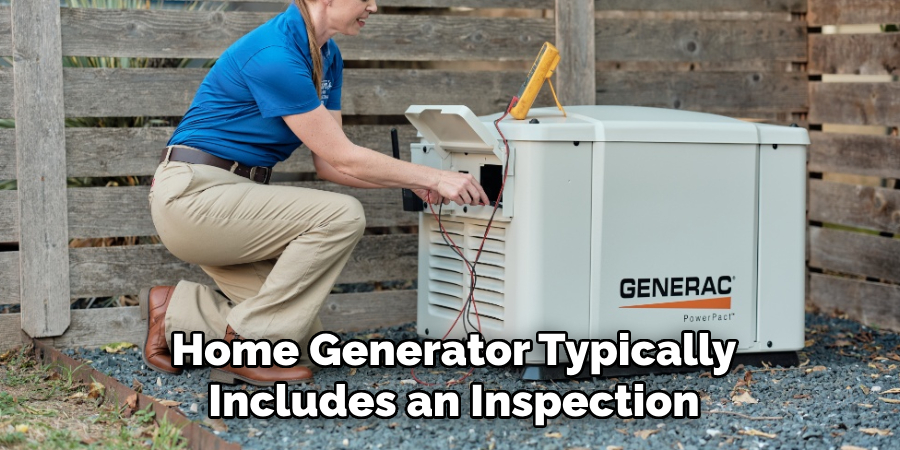
Conclusion
Maintaining your generator is essential for ensuring its reliability and longevity. By adhering to routine upkeep, addressing issues promptly, and seeking professional assistance when necessary, you can avoid unexpected breakdowns and maximize its performance.
A well-maintained generator not only provides peace of mind during power outages but also represents a cost-effective investment over time. Take the necessary steps to care for your generator, and it will serve you efficiently for years to come. Thanks for reading this article on how to hook up hot water heater to generator.

